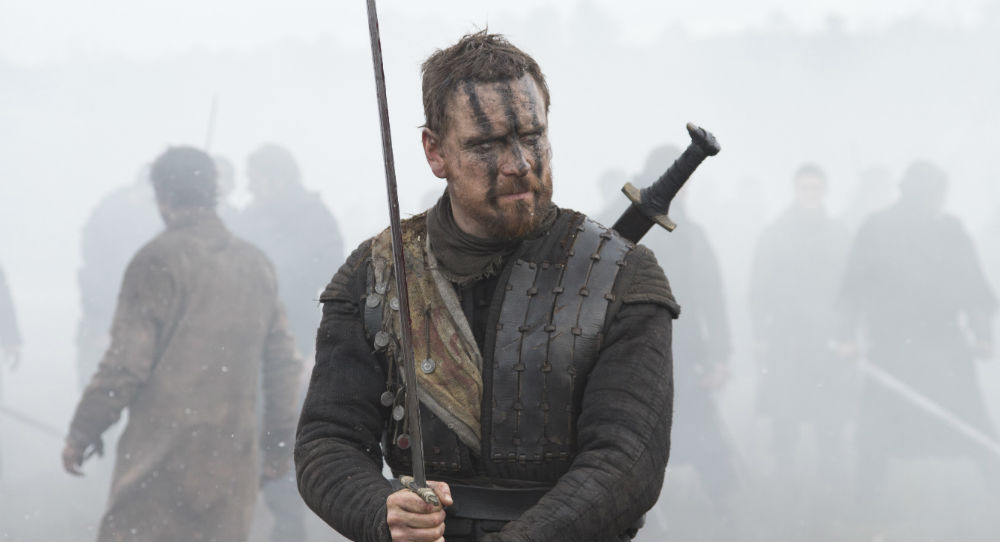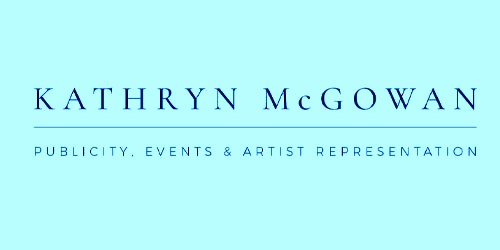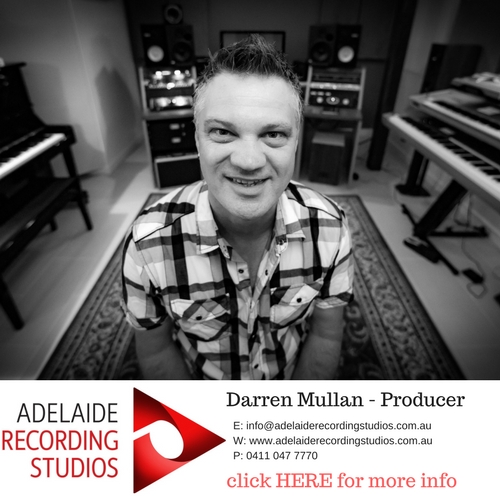by Dave Bradley
Jed Kurzel recently spoke to us by phone about his musical score to his brother Justin’s acclaimed filming of Shakespeare’s Macbeth (and yes, there are some out there who’ll wish that I would stop writing that word). Here Jed discusses how he got involved in the film, his various influences and his thoughts about past and future projects.
So Jed: you and Justin are originally from Adelaide?
“Yes, we are. I reckon I’ve been over here for about 15 years.”
You composed the musical score to the film, but did you serve in any other capacity?
‘No, just the music, as I don’t think I would have had time to do anything else.”
So how did it work? Did you collaborate with Justin on the set or were you inspired by rushes from the film or what? Different composers work in different ways on different movies…
“It worked the way it does when we work together [as it did with Justin’s Snowtown, or The Snowtown Murders outside Australia]. I mean, as we went he did send me some rough footage, and unlike other movies where I’ll start working after they send me a rough edit, in the cases with him I don’t really start work until the editing begins… It is a collaborative effort, and I go through all the tonal changes and everything just as they do.”
So you didn’t go to the set and meet Michael Fassbender and Marion Cotillard?
“No, I didn’t. I met Michael and Marion in far less cold weather.”
When you think of Macbeth it’s hard not to immediately picture darkness and violence and horror, so did that influence your initial ideas for the score?
“A bit, and it does come with a fair bit of baggage. It’s been done so many times and in so many forms, whether it’s as an opera or a play or a movie or whatever. And musically it’s been approached in just about every way possible… My response to it was more to do with the landscape, and so I used that as a stepping-off point, and so I suppose that there is a certain horror within that. It is a dark score and there are elements in it that are a bit of a tip of the hat to horror films, but I think that the landscape was a bigger influence.”
Your score is pretty subtle and tends away from thundering drums and shrieking strings…
“I think it is subtle, yes. It’s a strange one, as some people seem to think that it’s bigger and more bombastic than it actually is, and then others are more in line with what you’re saying… I suppose that that’s what I wanted really, as the language is so dense and so lyrical that there’s no need to get in there and start undercutting it with the music.”
You also worked on the music for The Babadook, which actually is a horror movie, or at least a very dark psychological drama, and you also approach that with subtlety too…
“Yes, and again, it was a case of working together with the director… And with horror movies you’ve got the big loud notes and the big reveal of the monster and we weren’t really interested in all that. They can be fun when you’re watching them in the cinema but we were looking for something more subliminal and creepy, and something that wasn’t affecting you second by second but something that was slowly wrapping itself around you. And sticking to you.”
Other than Macbeth and The Babadook you’ve also worked on the musical scores for Dead Europe (a dark drama), Son Of A Gun (a psychodramatic action thriller) and Slow West, a Western, of course, and that’s an unusually wide variety of films, so was that by chance or design?
“I’ve been selective in what I’ve chosen, sure, and I thought it would be interesting to do those movies… Those movies came to me in something like a finished version, so I was able to see what the film was pretty much going to look like, and that’s a good indicator of whether you should work on it or not. It’s immediately apparent if the director has a voice, and you think to yourself, “I reckon I can make this work”. You think that the director would be good to work with and would push you in new and interesting directions… It’s been great to work in different genres like that while also maintaining my own voice.”
Are you perhaps influenced by the great composers who have worked in cinema? Guys like Ennio Morricone or Bernard Herrmann?
“There are obviously film composers and film scores that truly stand out… Morricone is obviously the big one and I’m very much a fan of his work, especially the scores he did for those Italian horror movies in the ‘70s which were really amazing and so inventive, and the classic ones he did for Sergio Leone [like The Good, The Bad And The Ugly] and The Mission. I do love it when I hear something inventive in a movie that’s in a certain genre or really big-budget, and you can tell that they’re still experimenting… I suppose I’m inspired by all sorts of film music and whatever rabbit hole I’ve gone down.”
So now Macbeth is all finished, what sort of projects do you work on in the future, Jed?
“I’ve just finished a film in the UK called Una, which is a two-hander and a much smaller film than Macbeth, and it’s got Rooney Mara and Ben Mendelsohn in it and it’s directed by Benedict Andrews, who’s another South Australian. And at the moment I’m just sort of seeing where I’m going to go next.”
Do you plan to work with Justin again soon?
“I hope so and we are close [laughs]. We’re lucky in that respect as I do meet a lot of people who don’t get along with their siblings!”
Macbeth is out now on Transmission DVD and is also available as a digital download.




